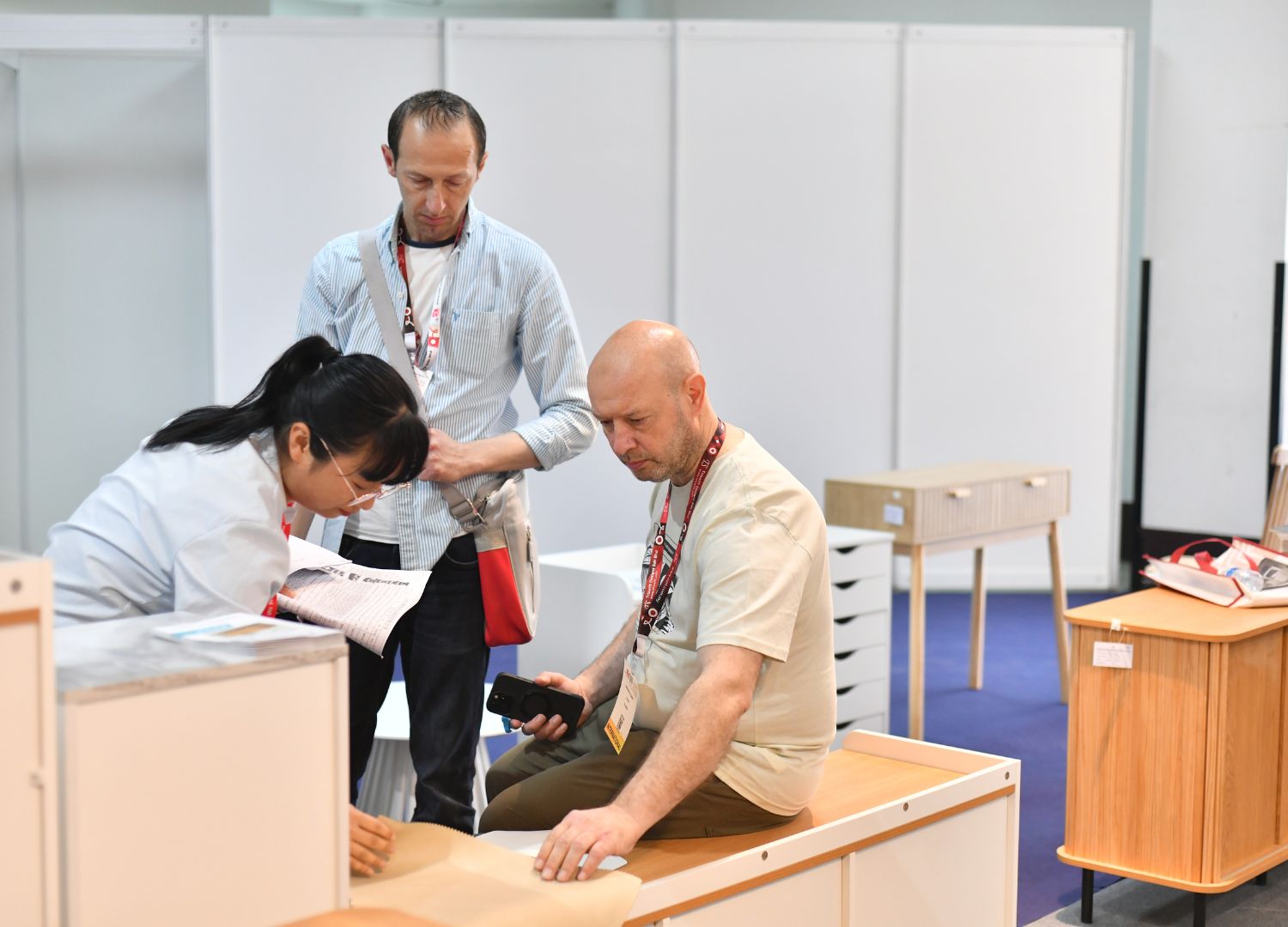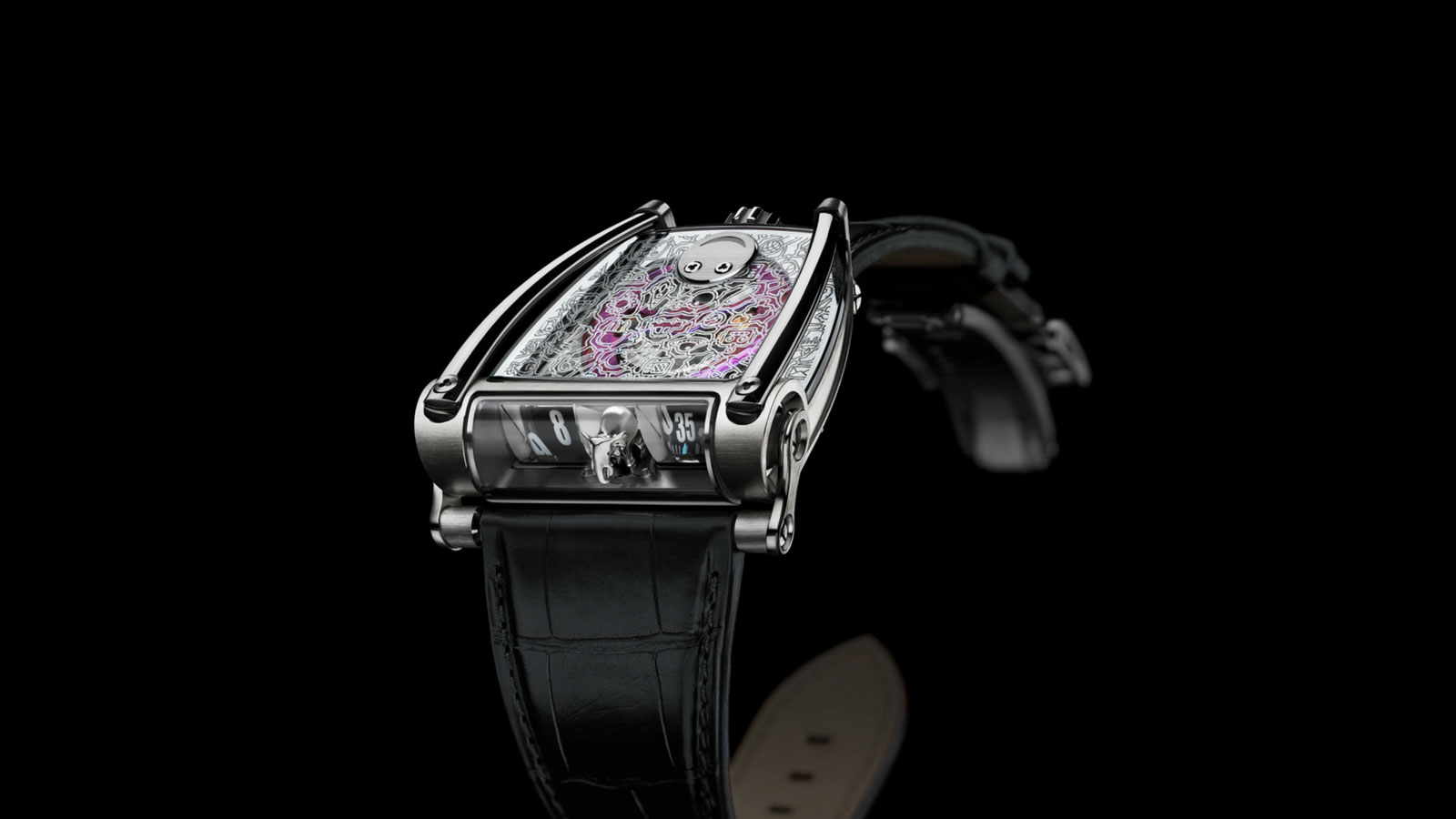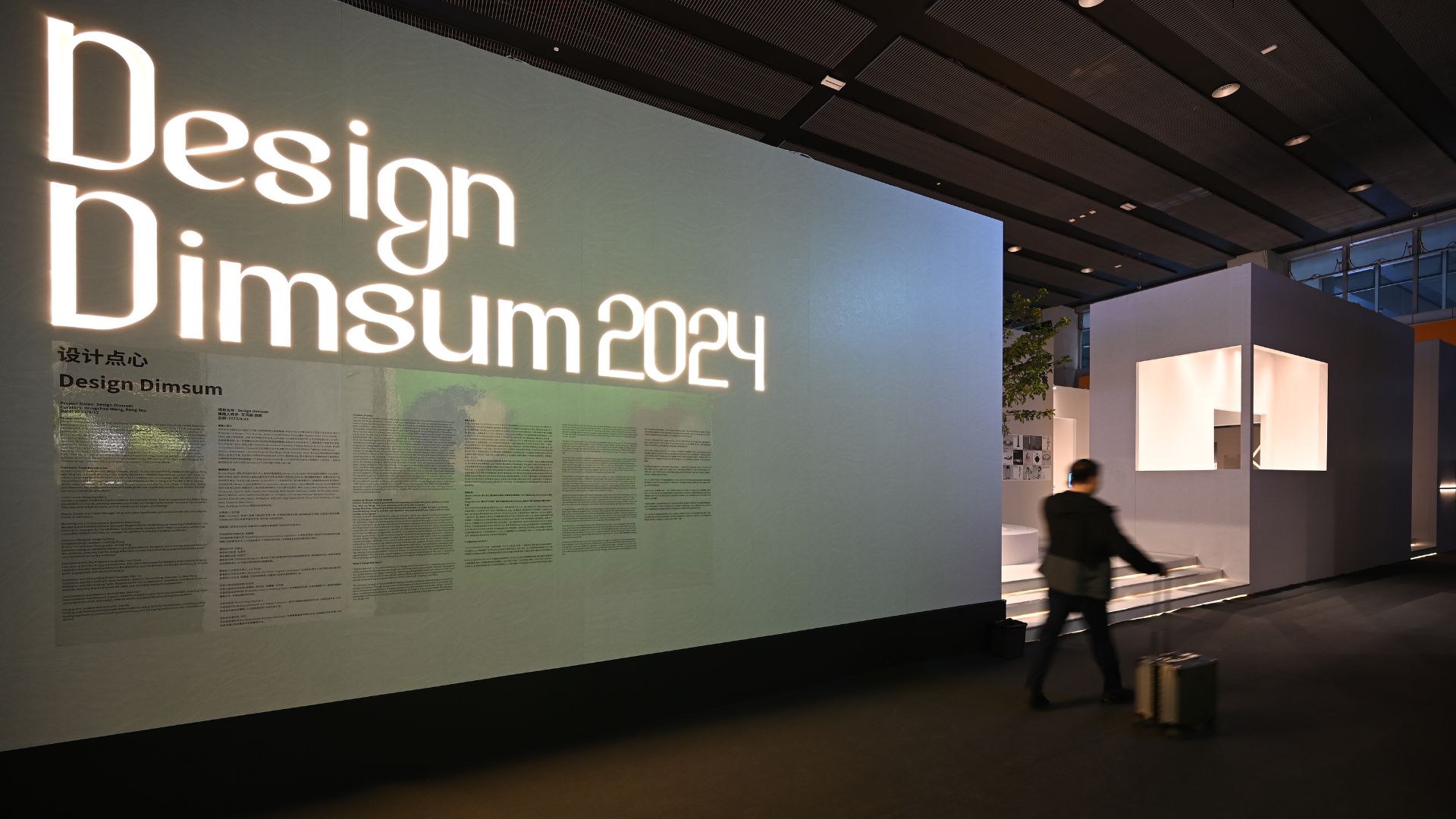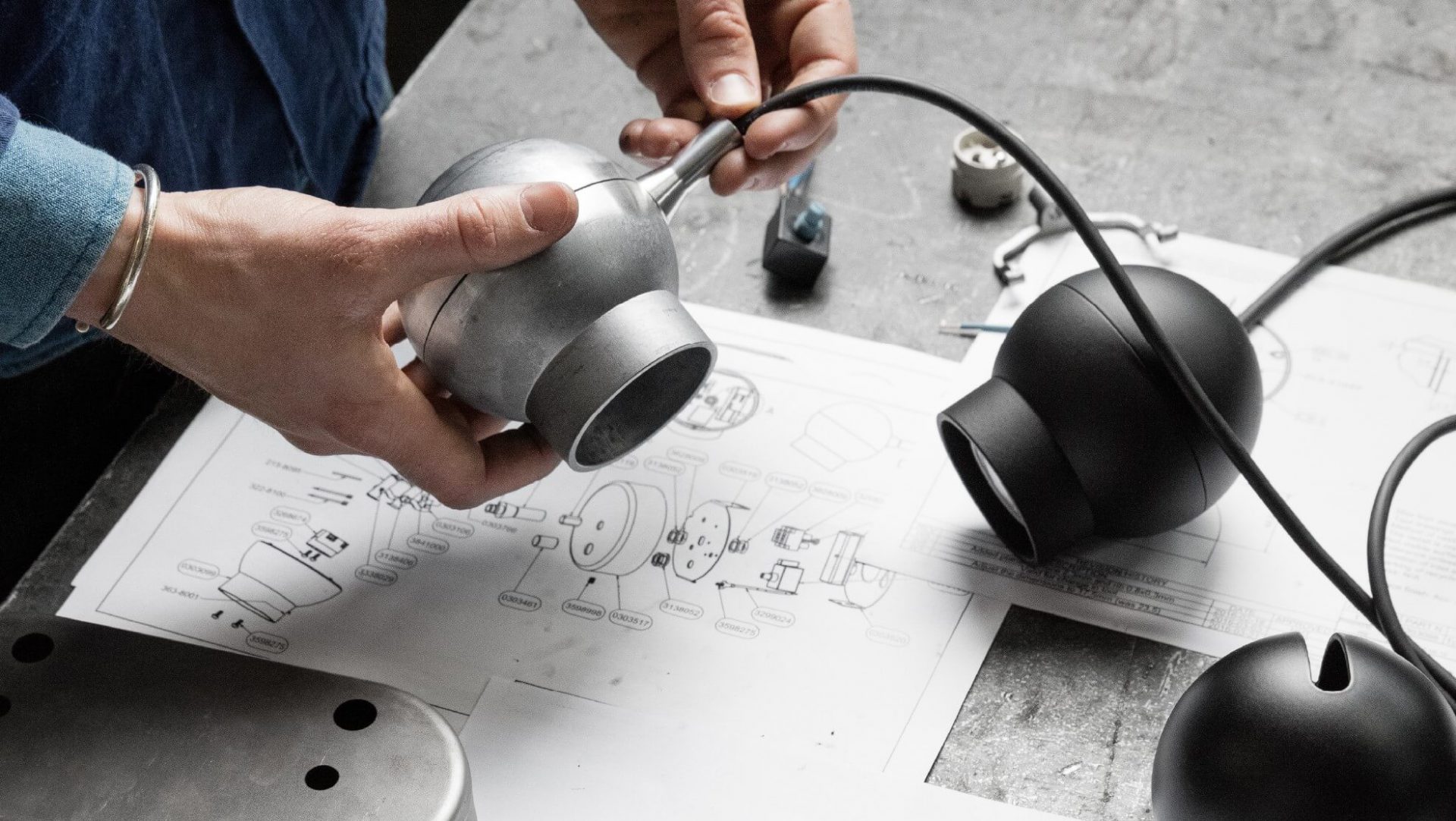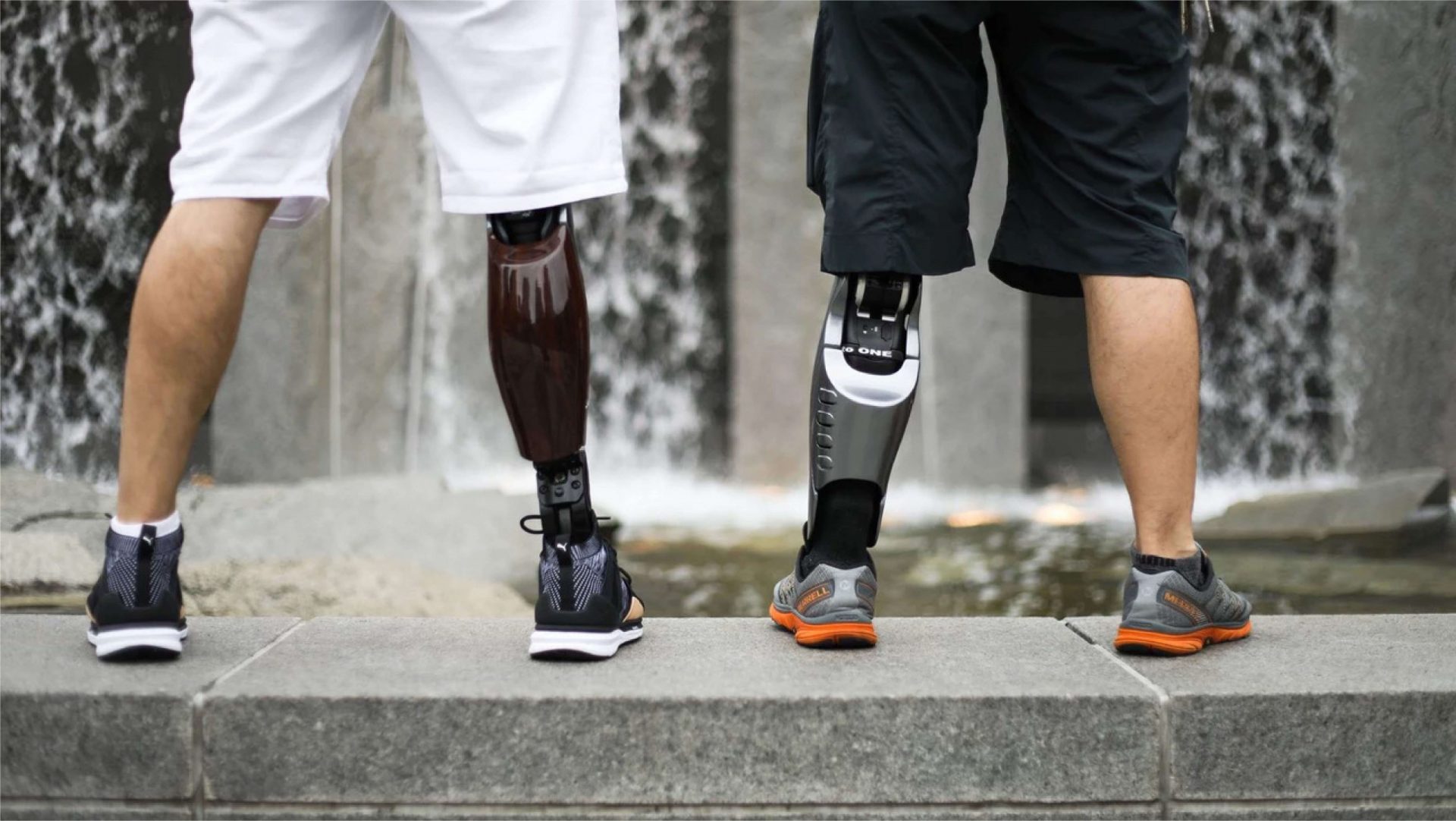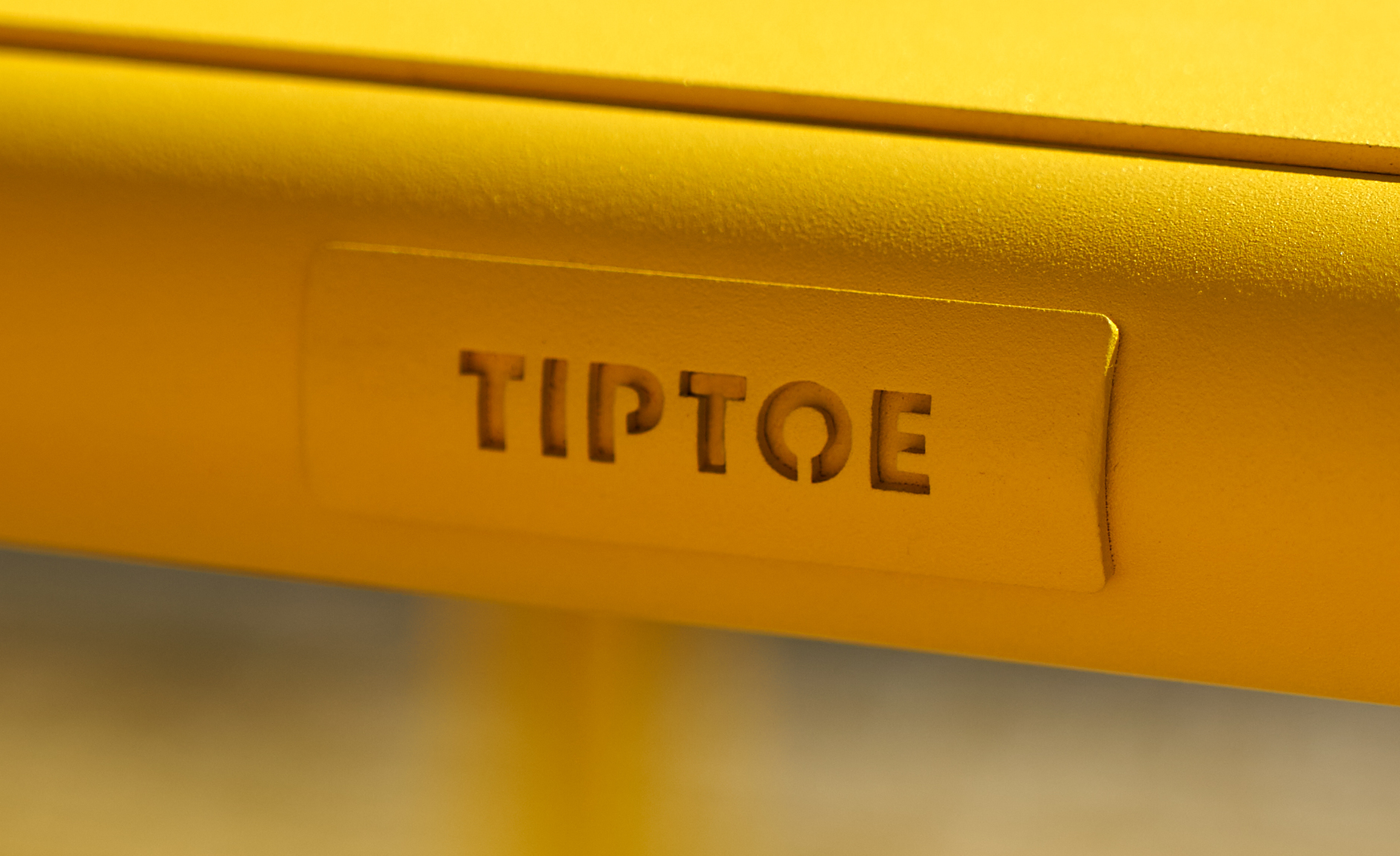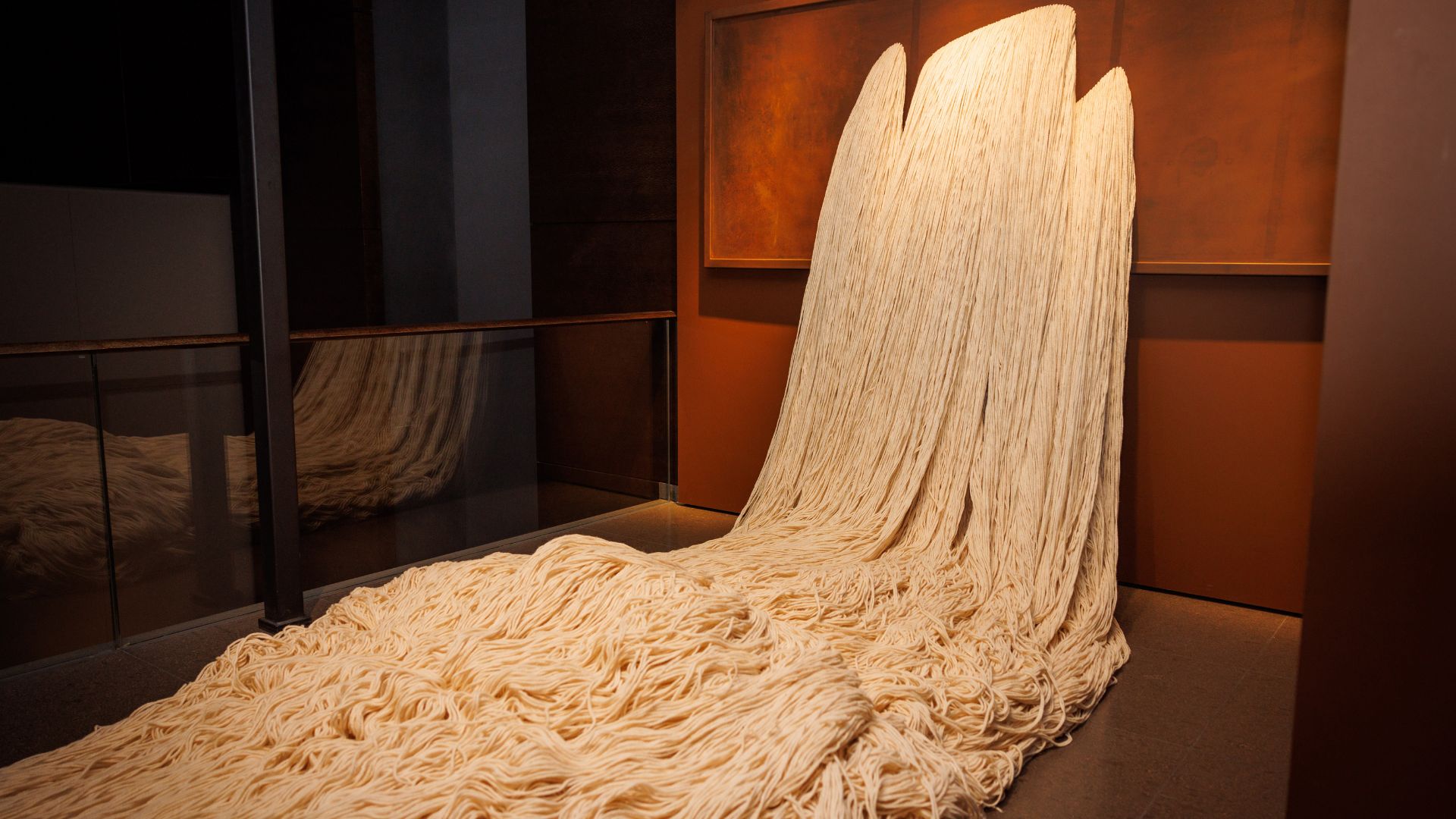A bold future for sustainable furniture and digital trade innovation
MIFF 2025 solidified its role as Southeast Asia’s leading furniture trade fair, generating USD 1.31 billion in on-site sales and welcoming over 19,500 visitors from 120 countries. This year’s edition championed sustainability, embraced digital innovation through the upgraded Furniverse 2.0 platform, and spotlighted eco-conscious designs tailored for new global markets.
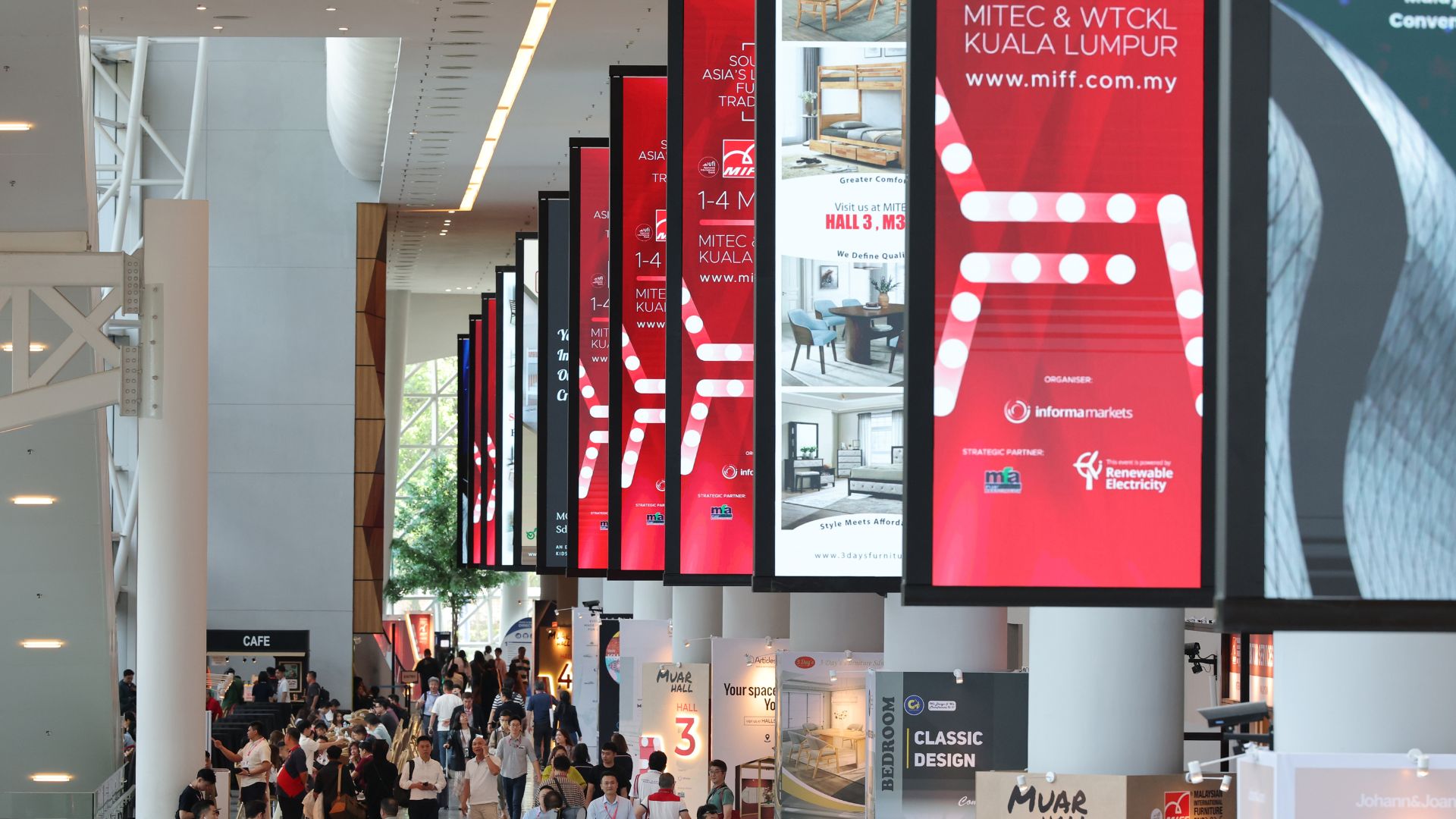
As global attention shifts towards smarter and more sustainable design ecosystems, MIFF 2025 (Malaysian International Furniture Fair) has positioned itself at the epicenter of this transformation. Held from March 1–4 in Kuala Lumpur, the fair once again demonstrated how design, technology, and environmental responsibility are reshaping the furniture industry on a global scale.
Building on themes that DesignWanted has closely followed in previous years — including the rise of eco-conscious materials, digital trade experiences, and cross-cultural design dialogues — MIFF 2025 presented a vibrant, future-focused vision for the furniture world.

MIFF 2025 by the numbers: a market on the rise
Attracting 19,556 visitors from 120 countries, and welcoming 742 exhibitors — a 3.8% growth over 2024 — MIFF 2025 generated a record-breaking USD 1.31 billion in on-site sales, affirming its status as Southeast Asia’s premier furniture marketplace.
This strong performance was powered by a decisive pivot toward sustainable practices and advanced digital tools. As noted in the past on DesignWanted, the evolution of design fairs toward digital hybrid experiences isn’t just a pandemic trend — it’s a long-term shift, and MIFF’s implementation of Furniverse 2.0 proves this.

Digital transformation meets sustainability
MIFF Furniverse 2.0 created a seamless digital ecosystem that made sourcing smarter, faster, and greener. By replacing paper-heavy processes with interactive floor plans, smart lead retrieval, and AI-driven matchmaking, the fair enhanced the human connection while significantly reducing its environmental footprint.
This emphasis on technology-enabled sustainability resonates deeply with emerging design values we have observed in earlier articles: digital innovation is no longer just a tool for efficiency but a vital part of the design ethics of tomorrow. Kelie Lim, MIFF’s General Manager, aptly captured this spirit, emphasizing that sustainability and smarter business solutions are no longer optional — they are the standard.

Spotlight on new generations and global reach
As highlighted in previous DesignWanted analyses, Gen Y and Z are not just emerging buyers — they are reshaping design preferences. Exhibitors at MIFF 2025 reflected this shift, with brands like Chuanheng Furniture Products focusing on modern, eco-friendly designs tailored for younger consumers.
Meanwhile, MIFF’s role as a global connector grew even stronger. Buyers from the U.S., Canada, Europe, India, and Southeast Asia turned out in greater numbers than ever, validating MIFF’s importance as a gateway for both established brands and emerging designers seeking to enter new markets.
First-time visitor Grant Elsenpeter, CEO of Simply Built, echoed the enthusiasm, calling MIFF “a fantastic sourcing hub” for international e-commerce — an arena where agile, sustainable design is particularly in demand.

Why MIFF matters for the future of fesign
MIFF 2025 is more than just a trade success story. It’s a barometer for larger shifts in design thinking:
- Sustainability is no longer a niche — it’s embedded in materials, logistics, and user expectations.
- Digital ecosystems are not separate from real-world experiences — they are enhancing and enriching them.
- Global sourcing is evolving, with a premium on authenticity, environmental responsibility, and adaptability.
These are exactly the principles that the future of design — in furniture and beyond — will need to embrace.

What’s next: MIFF 2026
Set to return from March 4–7, 2026, MIFF promises to raise the bar even higher. Expect even greater focus on eco-conscious design, digital innovation, and global market intelligence — key pillars for anyone serious about the future of design.





